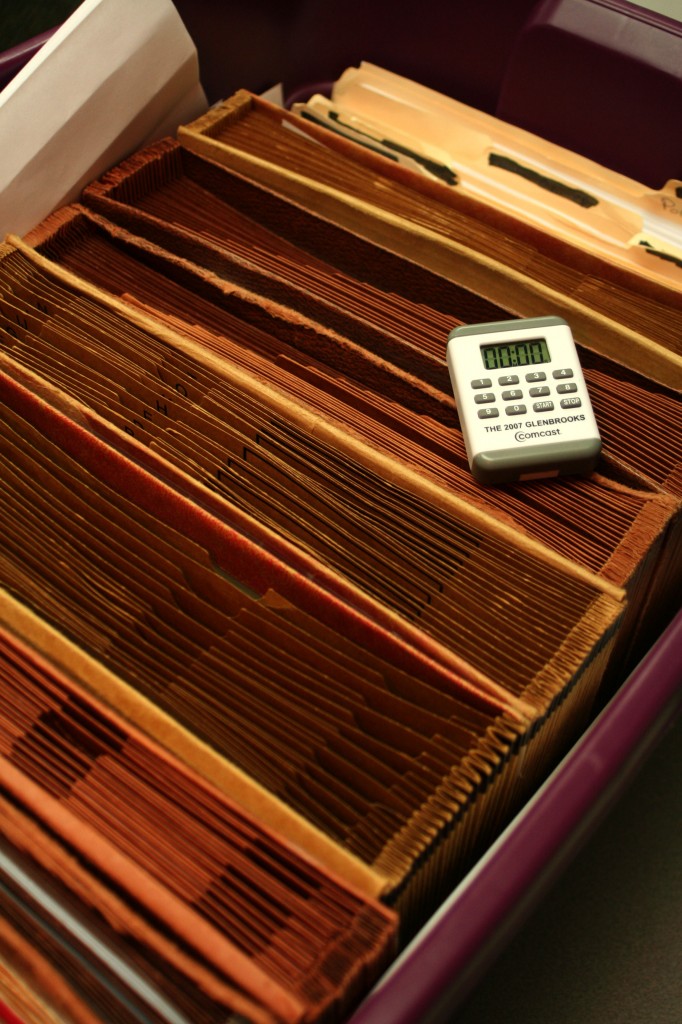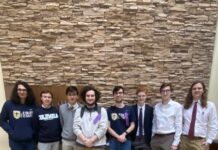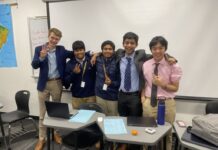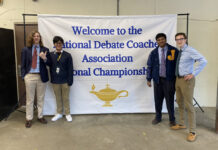Beams of light target two lone podiums on the empty stage, overlooking a sea of faces watching, waiting for the oncoming argument. Jake LoRocco ’17, armed with his tediously prepared arguments and data, steps up to the microphone. A waterfall of words rushes out his lips, incomprehensible to anyone but the seasoned judges. Minutes pass, and LoRocco continues undeterred until the end of his three-page affirmative argument. Dumbfounded, the opposition fails to produce an adequate rebuttal and, as usual, LoRocco wins the debate.
Over the summer, the Jesuit Debate Team sent multiple debaters to prestigious college camps all across the country, including the University of Texas, Gonzaga, Dartmouth, and Georgetown. A history of producing outstanding debaters, Jesuit last year had a senior team ranked fifth in the country as well as a varsity team that climbed to top ten in the state. Jesuit was also one of the few schools that sent five or more teams to the state championship tournament.
As for the camps themselves, Jesuit debaters sat in on classes taught by college professors alongside many other debaters from across the country. Head Coach Dan Lingel describes the camps as “intense debate practice,” hours ranging from nine in the morning to nine at night with campers in their dorms by ten o’clock. At the Dartmouth camp, the last three days tested the newly gained information in a camp tournament, which debate team leaders Joe Hall ’16 and Jake LoRocco ’17 not only competed in but also “did pretty well in,” according to Jake. For daily activities, the debaters stayed on campus, creating as Junior Beomhak Lee called it a “pre-college experience” , an experience complete with campers enjoying lunch at the delicious on campus restaurants. The campers were allowed a few scattered hours of break and Junior Zach Watts, at the Georgetown camp, made “great friends that [he] still talks to now.” These cross-country relationships, both with fellow debaters and with the coaches, may prove helpful when applying to college, a point emphasized by Lee who said that “the camps are not only about debate but also about the friendships and relationships developed during these invaluable sessions.”
The actual debating took place in labs, where debaters would learn about different arguments to use from highly skilled coaches. Lee commented, “I improved so much because I had a tremendous amount of rebuttal redo, which is when you repeat your speech to the coaches for more accurate and precise feedback. This would substantially improve my persuasion skills and will carry into my debating this year.”
Every debater stresses that although the camp curriculum is rigorous and challenging, it is still about having fun and each would highly recommend other debaters to attend them.






